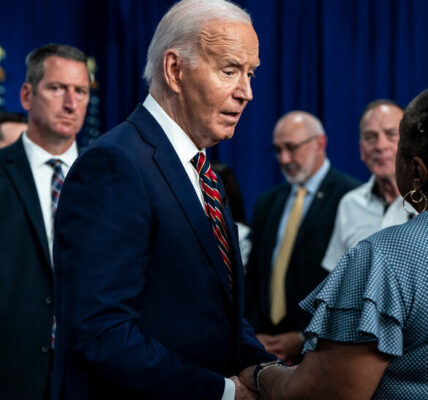A judge has ordered a railway company to pay nearly $400 million for trespassing on Native American land by far exceeding the number of train cars carrying crude oil that it was allowed to run through a tribe’s land, according to documents filed Monday in federal court in Washington State.
According to the documents, filed in U.S. District Court in Seattle, the company, BNSF Railway — which operates one of the largest railroad networks in North America — committed “willful, conscious and knowing trespass” when it ran several 100-car trains carrying crude oil every week through the Swinomish Reservation, which spans about 15 square miles on Fidalgo Island in the western part of the state.
Under an agreement between the Swinomish Indian Tribal Community and the rail company, one eastern-bound train, and one western-bound train, of 25 cars or less, were allowed to pass through the tribe’s land each day. But from September 2012 to May 2021, BNSF exceeded that allowance, with at least six 100-car trains traveling in each direction per week, according to a 2015 lawsuit filed by the tribe.
Each week, the trains passed through the far north end of the tribe’s land, near a casino, gas station, convenience store and R.V. park, lawyers for the tribe said in the suit. They noted that crude oil, notoriously dangerous cargo, had resulted in derailments, deadly explosions and spills, as well as environmental contamination. BNSF ignored repeated demands by the tribe to cease its “unauthorized use,” according to the suit, and said it would continue running the same number of trains through Swinomish land.
In a trial earlier this month, it was determined that the rail company had “breached the contractual obligations” of its agreement with the tribe, and that it should be stripped of the net profits gained through its unauthorized use of Swinomish land, Judge Robert S. Lasnik said in court documents that were filed Monday.
In an email on Monday, BNSF refused to comment on the case, and lawyers representing the company did not immediately respond to requests for comment.
Steve Edwards, the chairman of the tribe, said in a statement on Monday that the group was thankful that Judge Lasnik had ruled in its favor. He noted that the large sum the judge had ordered the rail company to pay reflected the “enormous wrongful profits that BNSF gained by using the tribe’s land day after day, week after week, year after year over our objections.”
“This land is what we have,” Mr. Edwards said. “We have always protected it, and we always will.”




